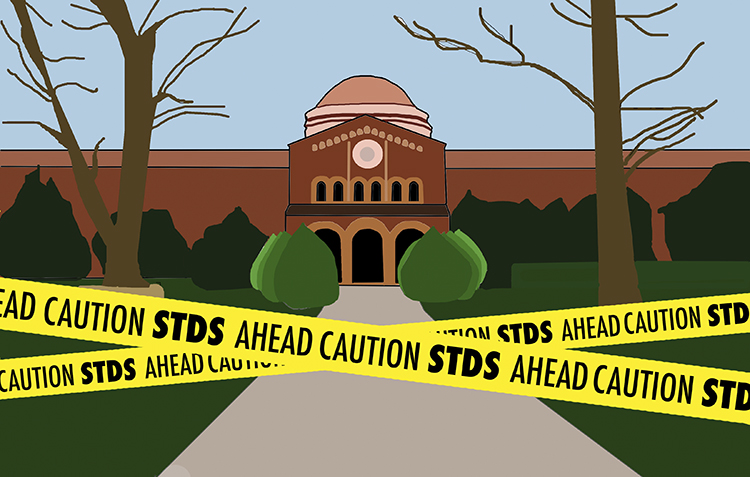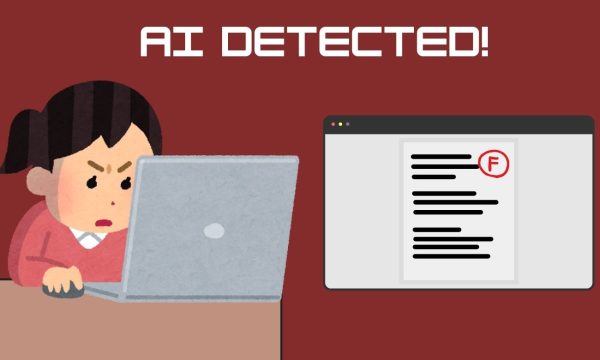The O Face: Testing, testing STI’s
According to the Student Health Center, 1 in 2 sexually active college students either has or will have a sexually transmitted infection before the age of 25.
Although this may be unsettling, the numbers should come at no surprise. How someone acquired genital warts over the weekend isn’t a conversation to be had in the library. The truth is STIs in college are more prominent than they appear. As we learned in our traumatizing high school sex-ed courses, a person can’t determine if someone is infected by looking at them.
If that isn’t enough to make someone cringe, also know that the most common STI’s can have no symptoms at all.
Human papillomavirus is the most common sexually transmitted infection. While being virulent, it also has latent symptoms, remaining mostly undetected in men under 30.
Usually, HPV will go away on its own within a year or so, but in some more serious cases, it can lead to cancer in both men and women.
Another infection that can remain undetected is the forever infamous, Chlamydia. Chlamydia is also extremely common for the sexually active under 25. Young women are more susceptible to this infection and is easily spread.
The bacteria can be transmitted vaginally, anally, orally and even through the eyes. Symptoms may go unnoticed if not routinely tested, or worse, show up in your partner first. Antibiotics can treat the infection, but sex and alcohol are prohibited while taking them.
Gonorrhea and the herpes virus are other common infections that often show no symptoms. STI’s can be transmitted to partners after only one sexual encounter. This is highly concerning considering a good portion of our campus population engages in casual sex with multiple partners.
Paige Patterson, a fourth-year Communication Sciences and Disorders major, thinks that students should be more aware of STI risks.

“I think everyone should get tested,” Patterson said. “Everyone just gets drunk and sleeps with everybody here. And then they’re drunk so they aren’t going to use a condom.”
Fortunately, the Student Health Center offers free STI testing and screening as well as follow-up medication if you are infected. All students need to do is call the Student Health Center and make an appointment, unless they are showing symptoms, in which case they can be treated immediately.
Third-year Music major Hayden Duncan said he felt it was worth the hour or at the health center to have the peace of mind.
“All they did was take my blood and then I left. It was fine,” Duncan said.
 Although some students at Chico State have been with their partners for a considerable amount of time, third-year student, Tim Antaree said that they should still get checked.
Although some students at Chico State have been with their partners for a considerable amount of time, third-year student, Tim Antaree said that they should still get checked.
“I haven’t been tested because I had a girlfriend for a long time,” Antaree said. “But I should, and I probably will. Everyone should.”
STI’s are a serious issue, because they can have dormant tendencies or go unnoticed. Just because you were too drunk to remember the night does not mean you are disease free.
Going to the Student Health Center and getting checked isn’t just for your own health, it’s for your past and future partners too. Do you and your future partners a favor, and make an appointment.
Nicole Henson can be reached at [email protected] or @theorion_news on Twitter.








